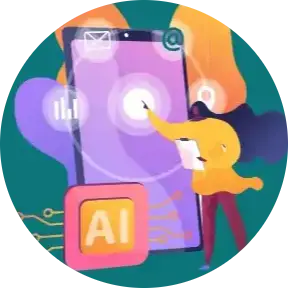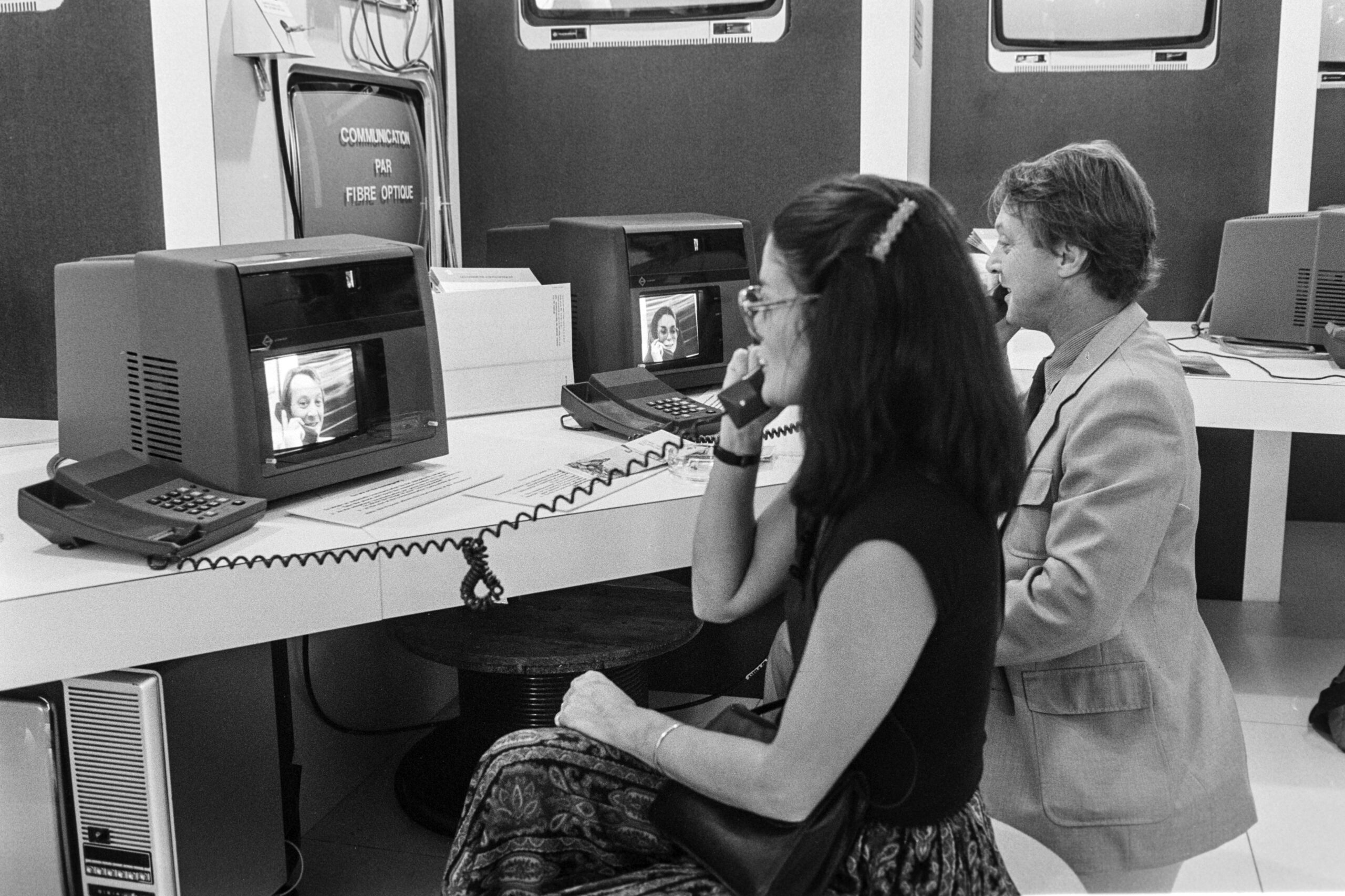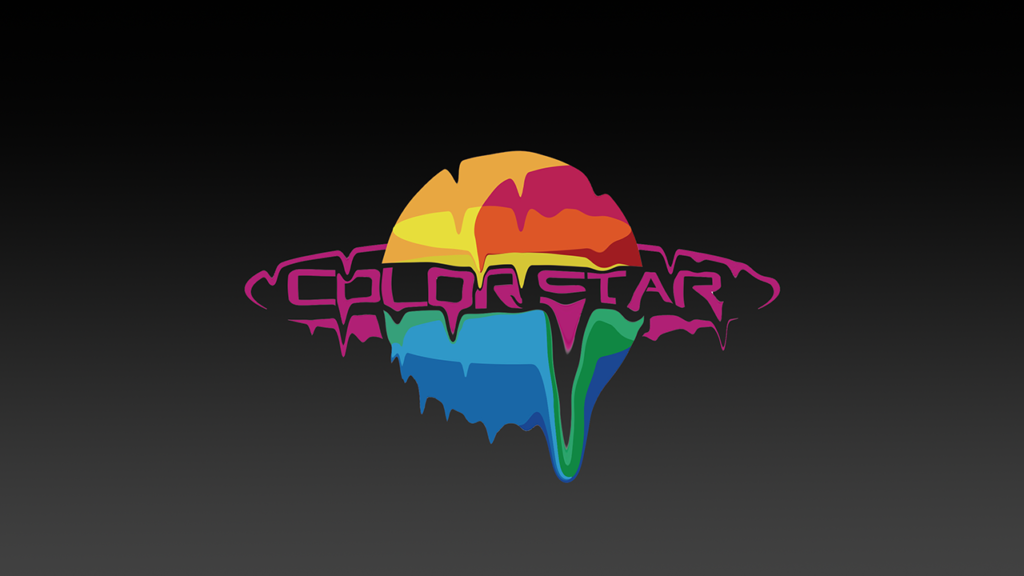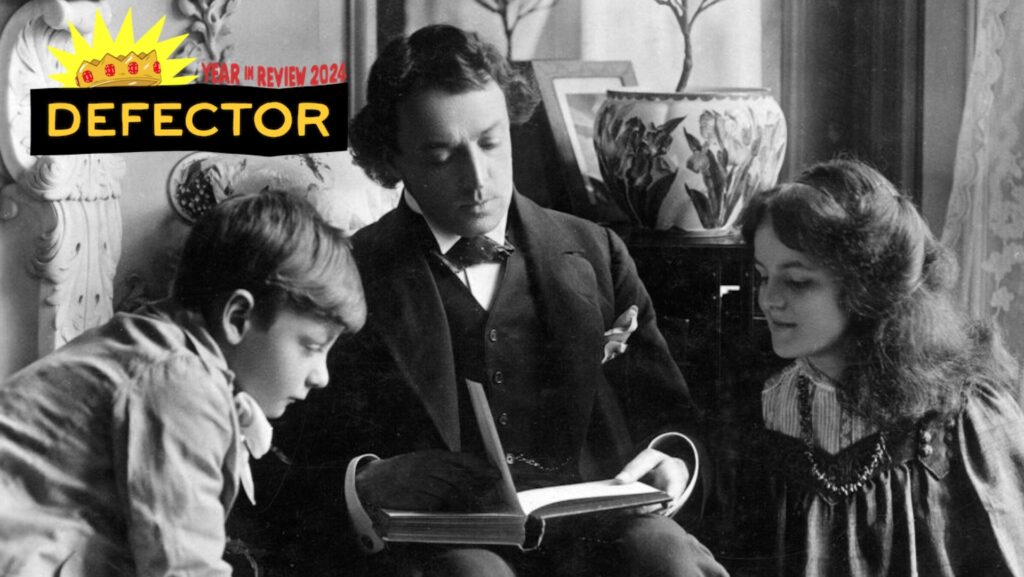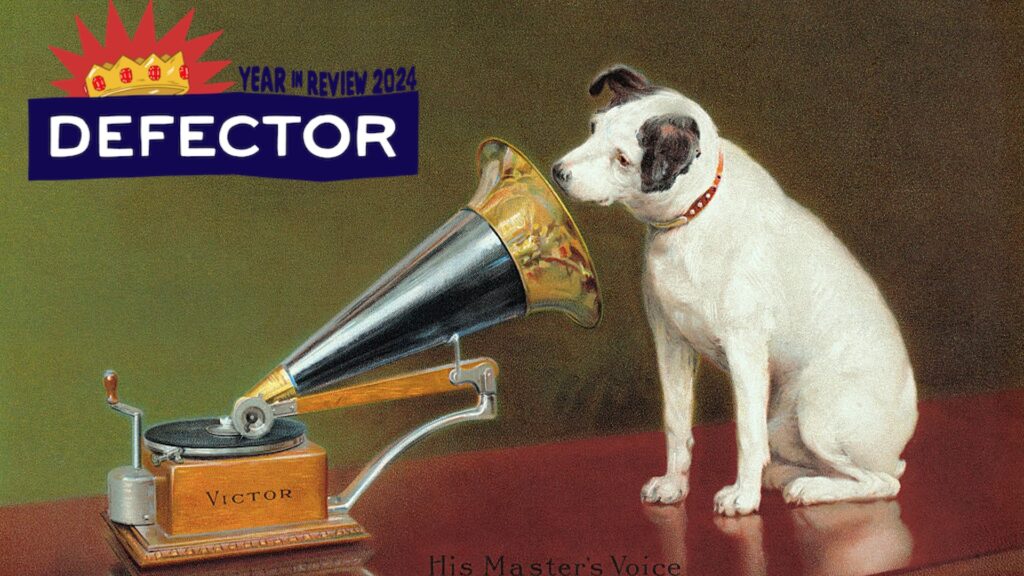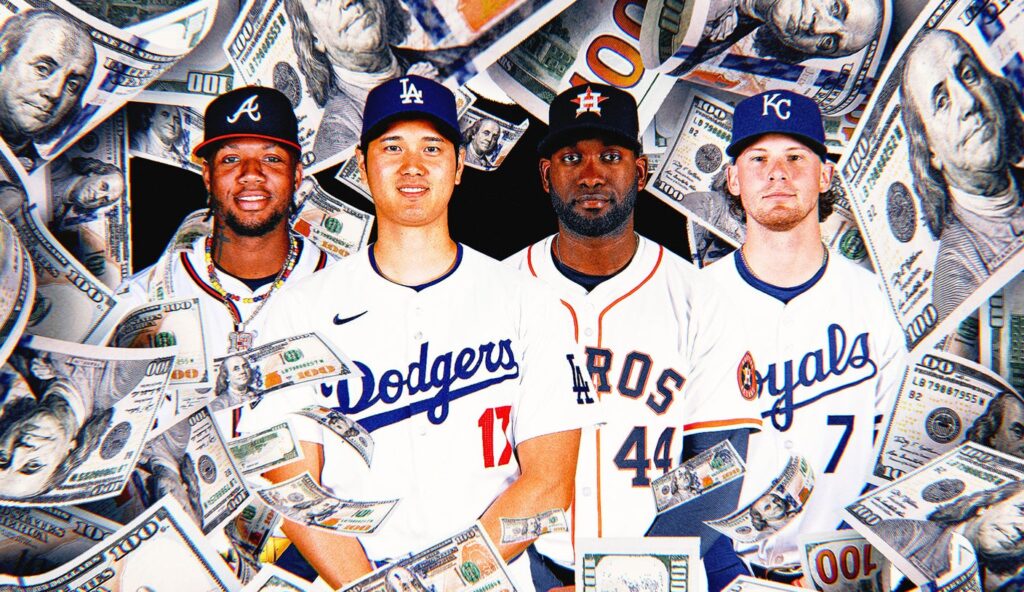A very public and very online funeral is being held on TikTok.
“Well, it’s been a good run, my loves. 1.7 million followers. I don’t think I can replicate that anywhere,” KC Davis said in a video. Davis is a licensed therapist who gained a following by making videos showing people how to clean their homes when they were struggling with their mental health. “I know I’m talented, but it was a combination of timing and luck and being the favorite algorithm for about seven months in 2020,” he said. Davis has a new book coming out in May, but she’s not sure how well it will do in the spring if TikTok goes down in the US over the next week.
Last year, President Biden signed the Protecting Apps Controlled by Foreign Adversaries Act, which would require ByteDance, TikTok’s China-based parent company, to sell the app or be banned in the U.S. The law featured bipartisan support in Congress due to security concerns about the Chinese government’s access to American users’ data. The Supreme Court decided this morning that the law does not violate First Amendment rights, but President Biden said he would not enforce the ban and would instead leave it to incoming President Trump, who will be inaugurated the day after that the prohibition is established. come into force. At the same time, Sens. Ed Markey, Ron Wyden, Cory Booker and Rep. Ro Khanna introduced legislation this week that would extend that deadline by 270 days, and Trump administration officials have signaled that the incoming president is considering issuing an executive order . order suspending the application of the law after his inauguration.
The situation is fluid and rife with rumors about how it will play out next week, but in the absence of specific announcements or changes, people who have built livelihoods, created communities, and shaped lives on TikTok have begun to cry.
Eli Rallo gained a following from a series of viral videos about a snack jar his family made during the pandemic. “And the next thing I knew, I had 100,000 followers and I had to make a decision,” he said in a video. “And the choice I made was to use such random virality as an opportunity to share my passions and my talents with the world, whether it’s being creative and creativity in general, writing, theater, all of that.” He published his first book of essays in 2023 and the second will be released in the fall. “Tiktok has given me every opportunity I’ve ever had and more,” he said.
Even in the face of ignominious defeat, TikTok users remain deeply unserious and absurd. There are tons of videos of people talking about and even with Chinese spies who imagine they’ve been watching them for years. One creator posted a video of themselves thoughtfully with the caption, “When my personal American spy reported me to the IRS but my personal Chinese spy diagnosed me with ADHD and made me trans.” Another user thanked his personal Chinese spy in Mandarin: “Thank you for five wonderful years. You are my best friend. This is not goodbye but see you later. Thank you.”
The rise of the corporate social Internet over the past decade has ushered in the ubiquity of the influencer. When I say “influencer,” I’m not just referring to the stereotype of vapid young women showing off their purchases in their bedrooms. I’m talking about the whole framework that equates online followers and views with offline social and economic capital. I’m talking about that mental calculation you do in your head when deciding whether to take a stranger’s opinion on the Internet seriously when you click on their profile and see how many followers they have. I’m referring to the requirement that prospective authors have “platforms” before they can sell their very analog, offline writing.
I’m talking about the way our minds organize and digest information when we adopt these platforms as cornerstones of how we communicate: thinking in tweets, memorizing the most viral 15 seconds of an artist’s new single, and using online slang in meatspace. . I’m talking about this country that is about to be sworn in by a president who owns a social media website.
This system of social and economic capital built on metrics linked to digital avatars was heralded as a way to build a new world for ourselves, to follow our dreams, to connect with both our loved ones and strangers. And they told us it would last forever.
The Internet was supposed to be a place never to be forgotten, a carefully recorded archive of all the people we’ve ever been and all the things we’ve done. There was a utopian quality to the early rhetoric of the open Internet, that sense that those who worked with the technology to make it possible were more guardians of an irrepressible natural resource than land seekers seeking to acquire it. Tim Berners-Lee, inventor of the World Wide Web and advocate of the open Internet, said in 2010: “The goal of the Web is to serve humanity. We build it now so that those who come to it later can create things we ourselves cannot imagine.” It was a place we built together, an ever-growing repository for our memories, our identities, our communities and, increasingly, our aspirations. Perhaps it could have become that, if the Internet had been treated as a public utility rather than fertile land to be conquered and harvested in the name of scale, ubiquity, and ever more data.
I created my Twitter account in 2010 because I read a book by Gary Vaynerchuk that said I could build my dream career by publishing online. VC grindset brothers like Gary Vee were interested in standards as if I accepted this idea; The more people they convinced, the more right they would be.
It turned out they were right; I absolutely wouldn’t have the career I have without Twitter, and I’m willing to bet most of the bloggers on this website would agree. I’m part of a cohort of millennials who unabashedly loved Twitter in its heyday, when the feed was chronological and it felt like you didn’t fully exist unless you had an account there. Instagram emerged shortly after Twitter and I bought my first iPhone so I could create an account. I downloaded TikTok in 2019 and in the worst months of the beginning of the pandemic I lost hours watching videos that made me laugh until I dried my tears. The TikTok feed was an island of pleasure I could hold in my hand, filled with bright lights, catchy songs, and an interface designed to keep me scrolling. For all its darkness, for how uncomfortable my own relationship with my phone made me feel, it was also a link to the world during those dark months.
But now we know that nothing lasts forever. Facebook bought Instagram, then Facebook became Meta and desperately tried to win back some of the audience that had defected to TikTok with Reels. Mark Zuckerberg went from a tech genius with a nominal interest in supporting online journalism to an aspiring leader with a new stylist who thinks corporate culture should be more masculine, crawling to Trump’s feet in hopes of that does not destroy the company in the coming days. forward.
Sixteen years after Twitter was founded, Elon Musk bought it and disintegrated it into the chaotic vanity project that is My audience, which had been growing for eleven years and which I am ashamed to admit I was proud of, was suddenly worthless. Journalists switched to Mastodon, Threads, and Bluesky, but nothing seemed the same.
Much of the Internet no longer exists. I stopped paying domain name subscription fees for my college blog years ago. Vine has been a decade now. I’ve lost my Tumblr login. Every year more evidence of my life lived online disappears. I never built a following on TikTok, but I enjoyed using it and am already feeling exhausted at the prospect of starting over somewhere new online.
What was intended to be an open space for creativity and commerce now looks more like land in a planned development, waiting to be purchased by its buyers. The most common names you’ll see at the top of any list of most visited websites in the US are Google, YouTube, Facebook, Instagram and WhatsApp, five sites owned by two parent companies, Alphabet and Meta. And when a top priority for venture capital investors is a lucrative exit, they incentivize startups to adopt worldviews that see consolidation, not independence, as the pinnacle of success. Net neutrality continues to shrink, which can only lead to an increasingly fractured and corporate Internet experience. And the Supreme Court is currently weighing whether to limit more constitutionally protected online material (yes, pornography) in certain states based on age.
All of this adds up to a version of the Internet that looks very different than we imagined it could be. Even if most TikTok users weren’t big internet lovers, the widespread grief on the platform this week speaks to the sense of betrayal inherent in being a user of these platforms. Yes, TikTok is stupid, annoying, and cultural shorthand for vapidity, and it’s also where most young people have gathered on the internet for the past five years.
It is not yet clear whether TikTok will stop working next week. Even if efforts to delay the ban are successful, what is clear is that the moment in which we have existed for the past five years, the one in which TikTok represented potential and in which there was a certain tomorrow in the app, has finished.
I’m betting on the most depressing, least climactic ending to this story: Instead of turning off at the stroke of midnight on January 19, the lights will stay on, but users won’t be able to download app updates. store. It will break down on phones like a low-resolution digital photograph and, over time, will become useless and meaningless.
If it is indeed banned in the United States, TikTok will be just the latest evidence to shatter the illusion that the Internet is forever. Scrolling through my feed of compilation videos and creator send-offs, I feel a preemptive ache for this moment on the Internet, even as I can clearly recognize that there’s a lot of fucked-up stuff going on about it. As TikTok has made it easier for so many people to connect and express themselves, it has also contributed to the rise of anti-intellectualism in this country, a casual misuse of critical theory vocabulary, and has had absolutely destructive repercussions for the attention spans and literacy of the entire American population.
My pain is because of the naïve optimism I used to feel when I created things on the Internet and believed that they expressed me more than they contributed to the results of billionaires with dubious relationships with truth and democracy. It’s a shame for a version of the Internet that could have existed, but isn’t and never will be.

 Workout
Workout
 Meditation
Meditation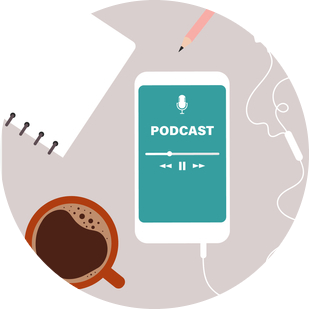

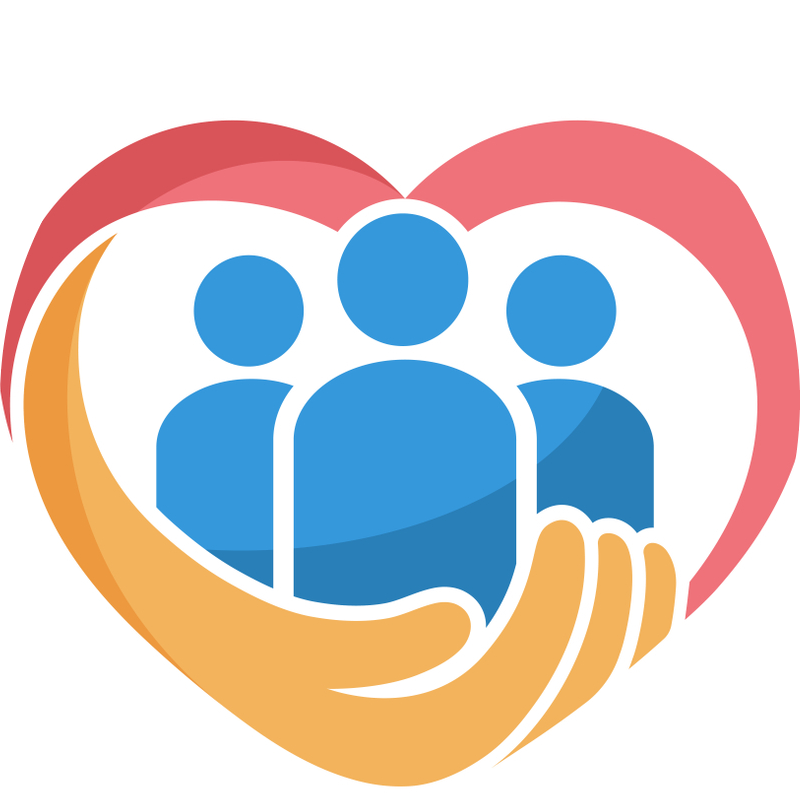


 Contact Us
Contact Us